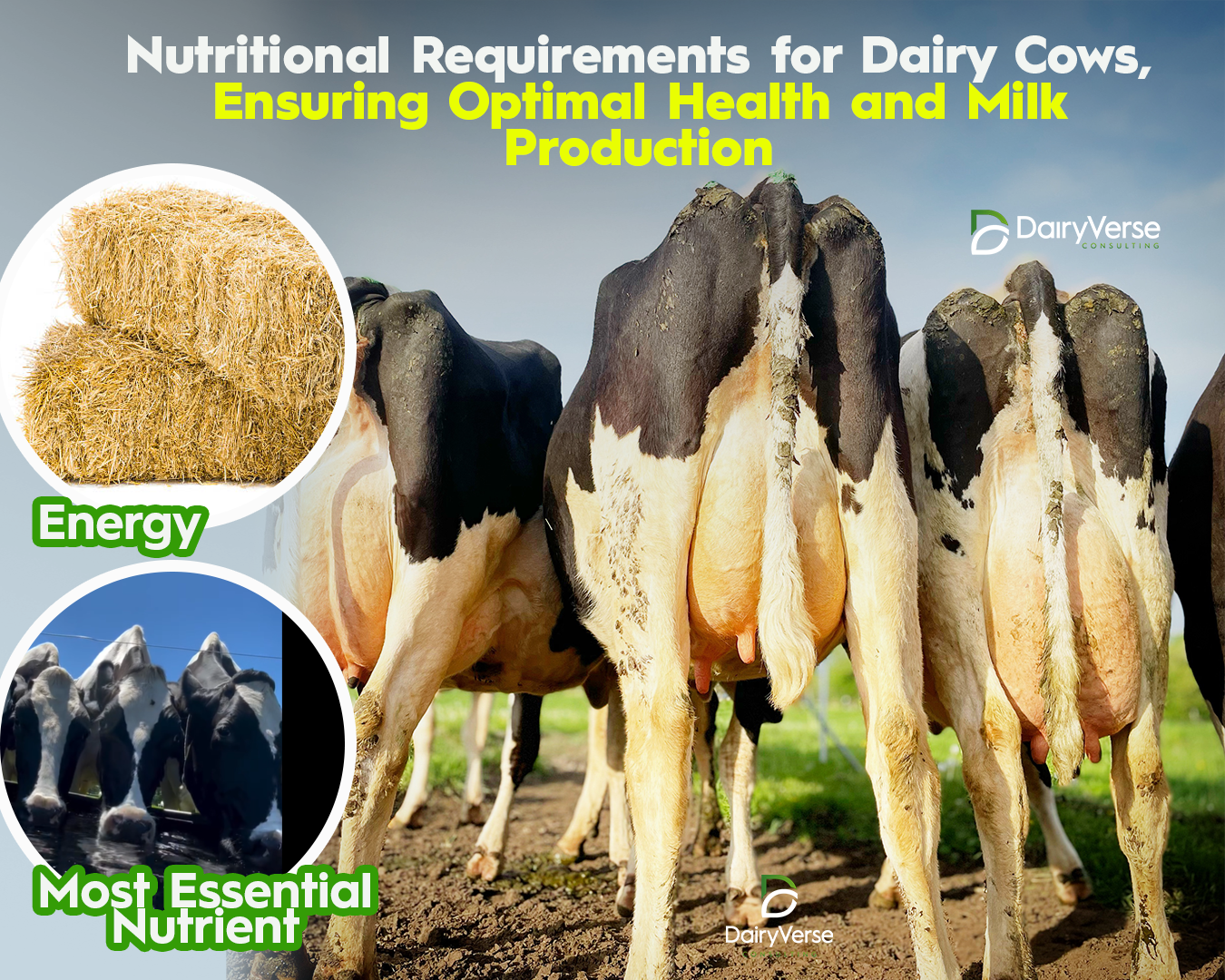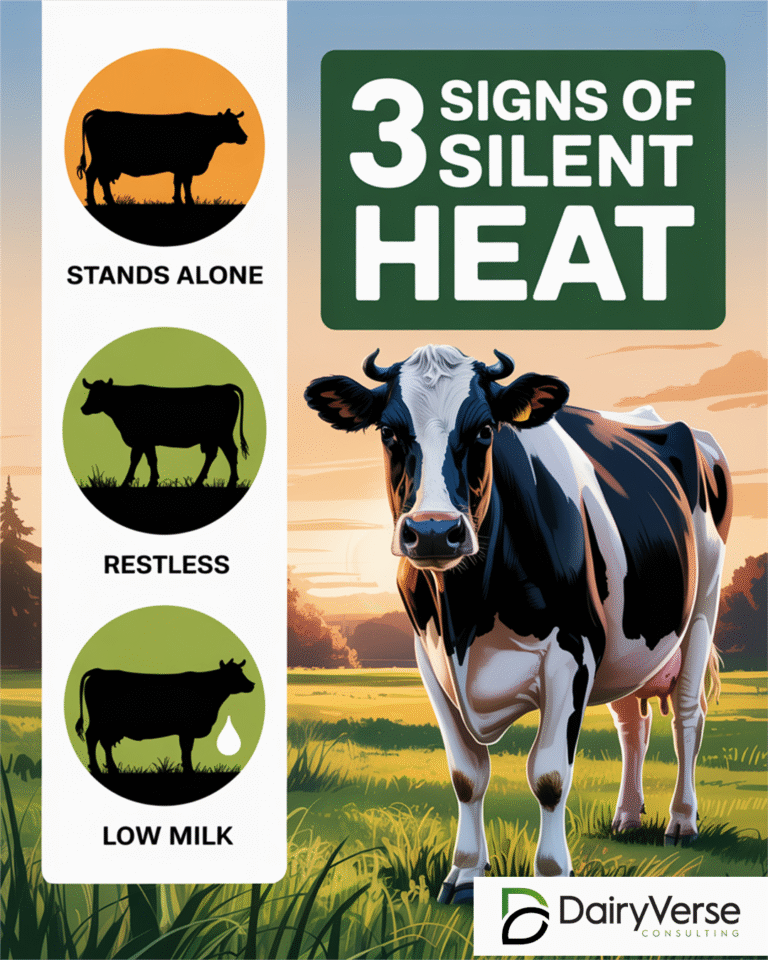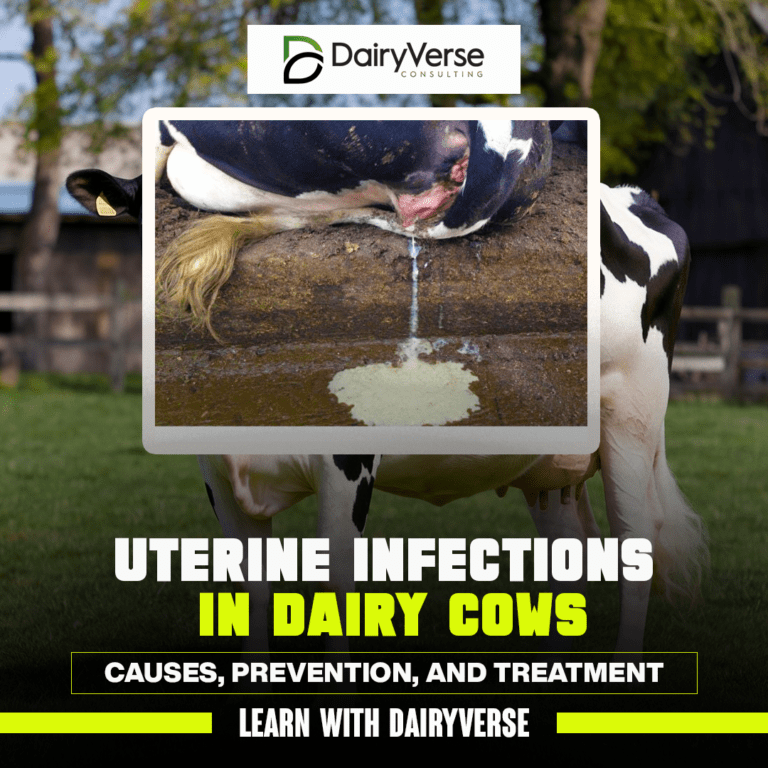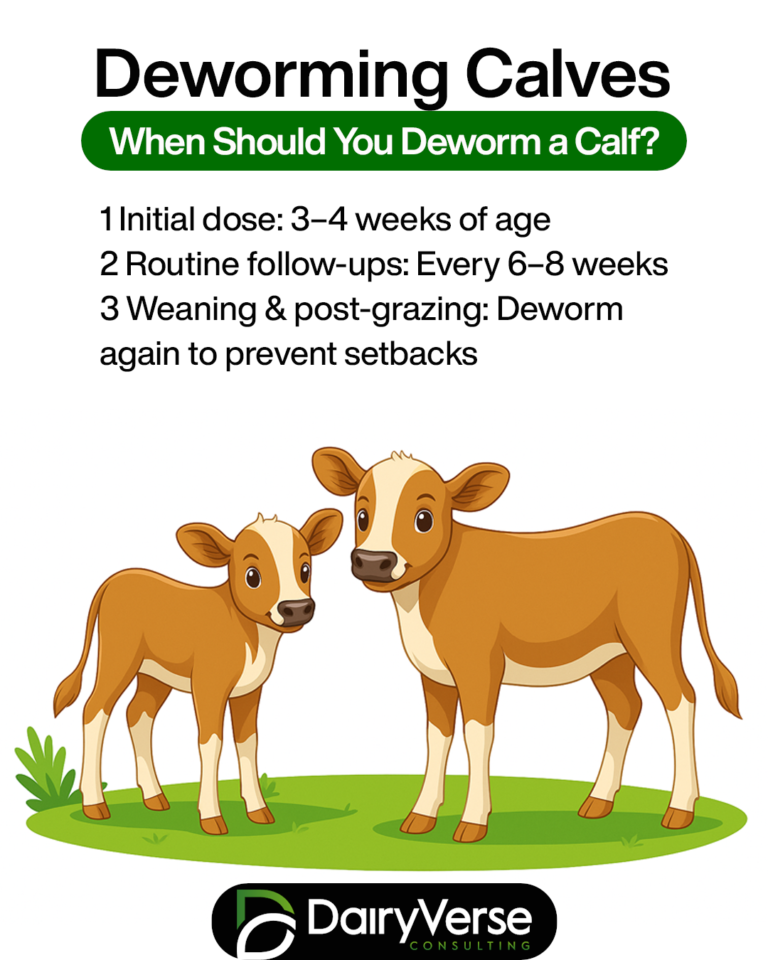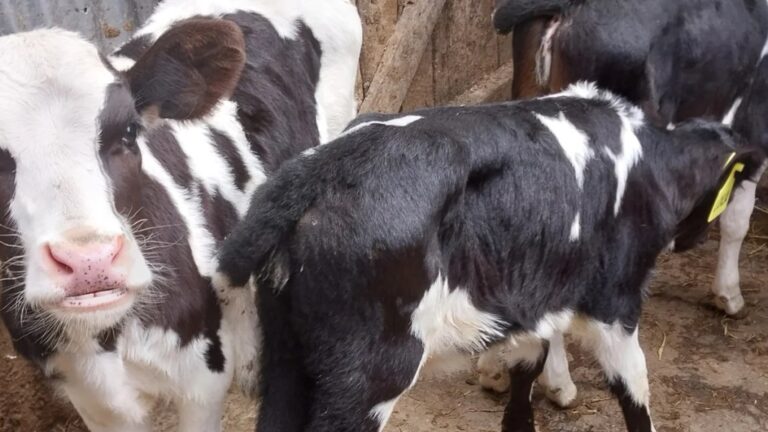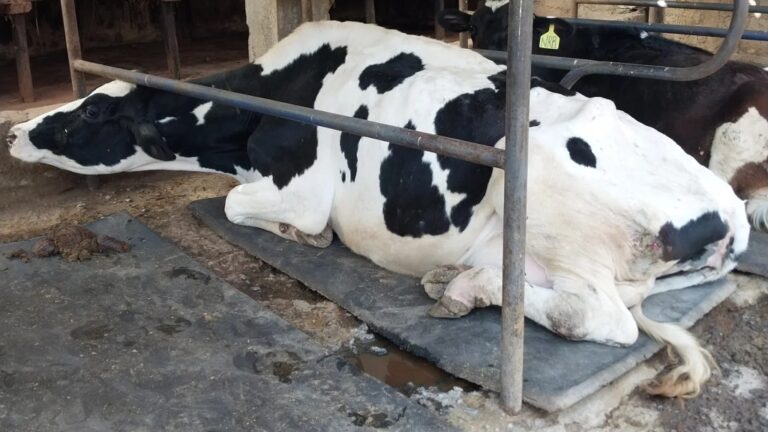Nutritional Requirements for Dairy Cows: Ensuring Optimal Health and Milk Production
A dairy cow’s diet is foundational to its health, productivity, and overall well-being. Proper nutrition ensures optimal milk yield, quality, and longevity. Here, we’ll break down the essential nutritional needs of dairy cows and how to maintain a balanced diet for maximum results.
1. Energy: Fuel for Production and Health
Energy is the primary nutrient requirement for dairy cows, especially those producing high milk volumes. Energy needs are met through carbohydrates, which make up a significant portion of the diet. Types of carbohydrates include:
- Forages (like hay and silage): These are high in fiber and crucial for healthy rumen function.
- Grains (like corn and barley): These provide quick energy, but should be balanced carefully to prevent digestive issues.
Energy intake should be monitored closely, as underfeeding can lead to weight loss and decreased milk production, while overfeeding can cause metabolic disorders.
2. Protein: Building Blocks of Growth and Lactation
Protein is vital for tissue repair, growth, and milk production. Dairy cows require both rumen-degradable protein (RDP) and rumen-undegradable protein (RUP). Here’s a breakdown of each:
- Rumen-Degradable Protein: This type of protein is broken down by microbes in the rumen to form amino acids and nitrogen.
- Rumen-Undegradable Protein: This protein bypasses the rumen and is digested in the intestines, providing direct amino acids for milk production.
Sources of protein include soybean meal, alfalfa, and canola meal. Balancing protein intake ensures cows have adequate amino acids, directly influencing milk yield and quality.
3. Fiber: Supporting Digestive Health
Fiber, primarily from forages, supports the cow’s rumen health, digestion, and nutrient absorption. Fiber is essential for:
- Stimulating chewing and saliva production: This helps to buffer the rumen and prevent acidosis.
- Encouraging healthy digestion: Cows need long fibers (effective fiber) that help maintain proper rumen contractions and movement.
Quality sources of fiber include silage, hay, and straw. Ensuring adequate fiber prevents digestive upset and maintains healthy milk production.
4. Minerals: Essential for Bone Health and Metabolic Functions
Dairy cows require a variety of minerals for structural development, metabolic reactions, and maintaining milk quality. Important minerals include:
- Calcium and Phosphorus: Critical for bone health and milk production. Calcium deficiency, especially in high-producing cows, can lead to milk fever.
- Magnesium: Essential for nerve and muscle function, particularly for cows grazing on lush pastures.
- Sodium, Potassium, and Chlorine: These electrolytes support hydration, nerve function, and rumen health.
Mineral needs vary depending on lactation, forage quality, and regional soil conditions. A well-formulated mineral supplement can help maintain proper mineral levels.
5. Vitamins: Supporting Immune Health and Productivity
Vitamins play a vital role in supporting immune health, reproduction, and milk quality. Key vitamins for dairy cows include:
- Vitamin A: Essential for vision, immune response, and reproduction.
- Vitamin D: Important for calcium absorption and bone health.
- Vitamin E: Works as an antioxidant and is vital for immune function.
Vitamin needs are often met through high-quality forage, but supplements may be necessary, especially in winter months or during periods of low forage availability.
6. Restore Products:
line offers a comprehensive range of benefits to support the reproductive health, growth, and productivity of dairy cows and calves. Each product in this line is designed to address specific challenges within dairy farming, ensuring optimal animal health and enhanced dairy operations:
- Fertility+®:
- Enhances fertility and conception rates in heifers.
- Addresses reproductive challenges like delayed and silent heat, dystocia, and retained afterbirth for improved reproductive outcomes.
- Ndamaplus®:
- Promotes healthy weight gain and growth in calves, preventing stunted growth.
- Reduces post-weaning stress and boosts immunity, supporting a smooth transition to adulthood and ensuring timely heat cycles.
- Tranzpro®:
- Supports udder health and appetite during early lactation for pregnant heifers.
- Minimizes the risk of retained afterbirth, accelerates peak milk production, and aids in recovery for cows post-calving.
- Booster+®:
- Enhances metabolism with high protein and energy content, promoting overall health.
- Increases milk yield, supports recovery from illness, and improves body condition, ensuring optimal productivity and timely heat onset.
7. Water: The Most Essential Nutrient
Dairy cows consume large amounts of water, as it’s essential for milk production, digestion, and nutrient transport. Cows producing milk need up to 120 liters (30 gallons) of water per day. Factors affecting water needs include:
- Milk yield: Higher-producing cows need more water.
- Environmental temperature: Warmer temperatures increase water requirements.
- Diet composition: High-forage diets increase water intake, as more water is needed for fiber digestion.
Providing clean, fresh water is essential for cow health and productivity, ensuring that cows have access to water at all times.
Conclusion: The Importance of Balanced Nutrition
Proper nutrition is fundamental to a dairy cow’s health and milk production. Balancing energy, protein, fiber, minerals, vitamins, and water intake helps optimize milk yield, supports the cow’s immune system, and prevents metabolic diseases. Regularly consulting with a nutritionist and adjusting the diet to meet the cow’s changing needs throughout lactation can ensure a productive, healthy dairy herd.
Learn how to make Total Mixed Ration for your cows, Find full article, here.

